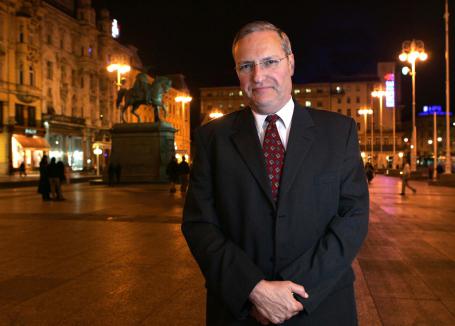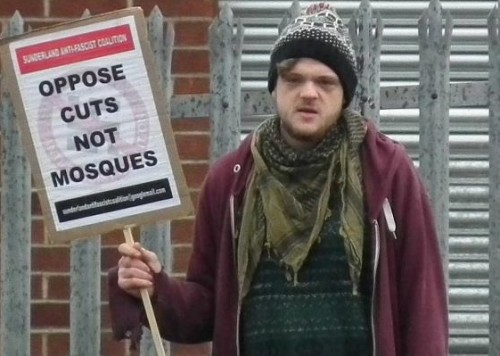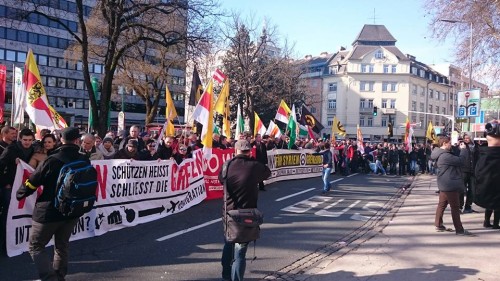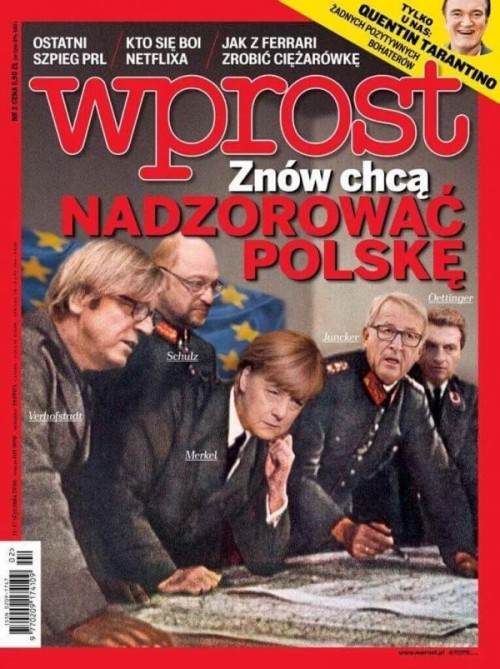“It takes a Village on July 27”: Srb, Yugoslav Antifa, and Croatia’s Bare Bones
The common antifascist narrative in the media and academia consists in a frequent reversal of World War II victimhood—a procedure once tested by communist commissars in Eastern Europe and the Soviet Union. The label of communism, once proudly sported by a large number of intellectuals and journalists, has come out of fashion today. A more generic trademark, such as a neutral sounding word ‘antifascism’, had to be called to the rescue. For the recycled former Yugoslav historians and journalists residing in Serbia and Croatia, the term ‘antifascism’ offers the safest way to cover up their own murky and often hagiographic past. In addition, the word’antifascism’ serves today as a decent camouflage for shrugging off crimes committed during and after World War II by Yugoslav communists. In regard to the reversal of the antifascist victimhood narrative, a Soviet killing field, the Katyn Forest, comes first to mind. For a long time, communist-friendly historians managed to switch the role of the victim with that of the perpetrator, thereby successfully imprinting onto public consciousness the Katyn location as the locution for a “Nazi-perpetrated crime.”
Similar scenarios of the narrative reversal are being observed in regard to the Croatia’s village of “Srb” (i.e., Serb), a small community situated in the southeastern part of Croatia and largely populated by ethnic Serbs. In communist Yugoslavia this high profile three-consonant eponymous village, in addition to being a crucial part of ex-Yugoslavia’s communist founding myth and a mandatory part of the school curriculum, also served as a place of pilgrimage for the Party. Every July 27 high-ranking Yugoslav communists commemorated the anniversary of their “Armed Uprising against Fascism” there. Read more









